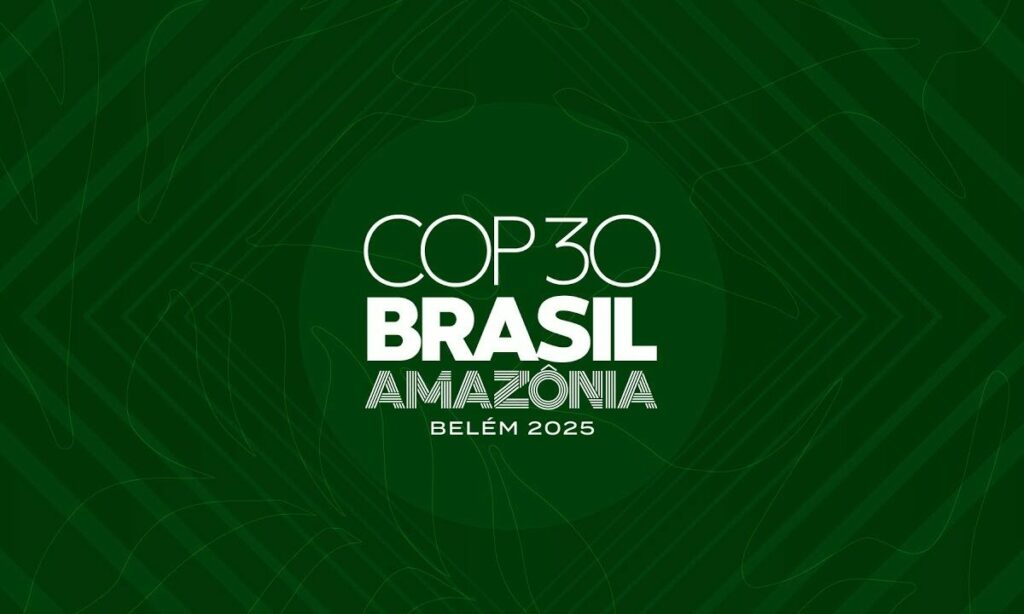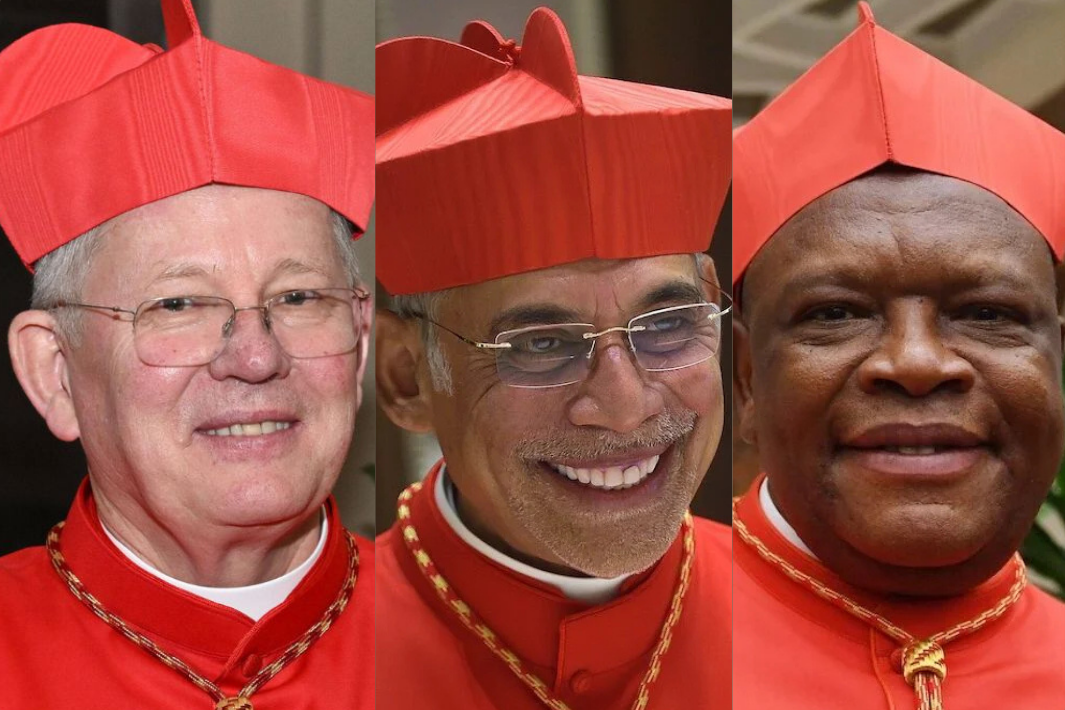By Paschal Norbert
BELEM, SEPTEMBER 30, 2025 (CISA) – Catholic bishops representing Africa, Asia, Latin America, and the Caribbean have issued a joint letter to United Nations leaders, calling for urgent, justice-centered climate action ahead of the 2025 United Nations Climate Change Conference (COP30) in Belém, Brazil.
In their strongly worded statement, signed by Cardinal Jaime Spengler, President of the Latin American Episcopal Council (CELAM); Cardinal Filipe Neri Ferrao, President of the Federation of Asian Bishops’ Conferences (FABC); and Cardinal Fridolin Ambongo Besungu, President of the Symposium of Episcopal Conferences of Africa and Madagascar (SECAM), the bishops warn against “false solutions” and press for commitments that prioritize equity, justice, and protection for the most vulnerable communities already bearing the brunt of climate change.
Addressed to UN Secretary-General António Guterres, President of the 80th UN General Assembly Annalena Baerbock, and UNFCCC Executive Secretary Simon Stiell, the bishops stressed the moral and ethical dimension of the climate crisis.
“The climate crisis is an urgent reality, with global warming reaching 1.55°C in 2024. It is not just a technical problem: it is an existential issue of justice, dignity and care for our common home,” the letter states.
The bishops welcomed recent initiatives by the UN leadership but expressed concern about the lack of ambition by world governments.

“We welcome his invitation to all governments to present their NDCs at a high-level event in September 2025 and write to you on this important occasion since we are very much concerned about a potential lack of ambition to secure the 1.5 thresholds,” they wrote.
They grounded their message in Catholic social teaching and Pope Francis’ encyclical Laudato Si’, as well as the call by Pope Leo XIV to live an “integral ecology with justice.”
“Ten years since the publication of Laudato Si’ and the signing of the Paris Agreement, the countries of the world have not responded with the necessary urgency. The Church will not remain silent. We will continue to raise our voice alongside science, civil society, and the most vulnerable, with truth, courage and consistency, until justice is done,” the bishops declared.
Rejecting superficial responses to the climate emergency, the bishops cautioned against market-driven strategies that continue exploitation: “We reject false solutions such as ‘green’ capitalism, technocracy, the commodification of nature and extractivism, which perpetuate exploitation and injustice.”
Instead, the bishops called for climate action rooted in equity, justice and protection of the vulnerable. They emphasized that rich nations must pay their ecological debt through fair climate finance without further indebting the Global South, noting that this should include recovering losses and damages already suffered in Africa, Asia, Latin America, the Caribbean, and Oceania.
They further stressed the need to promote economic degrowth and phase out fossil fuels, ending all new fossil fuel infrastructure and ensuring that those who have profited from destructive industries are properly taxed. For them, climate governance must prioritize communities most affected by the crisis, while also addressing biodiversity loss and climate-induced migration as questions of justice and human rights.
The bishops also underlined the duty to listen to and defend Indigenous peoples, ecosystems, and impoverished communities, recognizing the heightened vulnerability of women, girls, marginalized groups, future generations, and highly impacted regions such as the Pacific Islands.
The bishops presented a concrete call to action, urging governments to meet their obligations under the Paris Agreement and commit to ambitious Nationally Determined Contributions (NDCs) in line with the 1.5-degree threshold.
“Fulfil the Paris Agreement, commit to new and enhanced NDCs in line with the 1.5-degree threshold and climate justice and implement these NDCs commensurate with the urgency of the climate crisis,” they said.
On climate finance, they insisted, “Ensure sufficient climate finance – to recover losses and damages and build resilient communities – without further indebting the Global South. Use COP30 as a moment to agree on a joint multilateral mechanism that aims to accelerate and support people’s and communities’ transitions by facilitating access to financing and technical assistance for just transitions that foster people-centered development.”
The bishops also pressed for the common good to be placed above profit and for the transformation of the global economic system into a restorative model that prioritizes solidarity and the well-being of people while ensuring conditions for sustainable life on the planet. They further emphasized the need to promote climate and nature policies anchored in human rights and the rights of nature, as well as to share and implement ethical, decentralized and appropriate technological solutions. They also called for zero deforestation by 2030, the restoration of aquatic and terrestrial ecosystems, and the reversal of biodiversity loss.
The bishops appealed for genuine multilateralism and solidarity between the Global North and South.
“The urgency of this moment leaves no room for delay, compromise, or half-measures: may our common efforts at COP30 and beyond foster real hope, safeguard creation, and ensure a dignified future for the generations to come,” they wrote.
